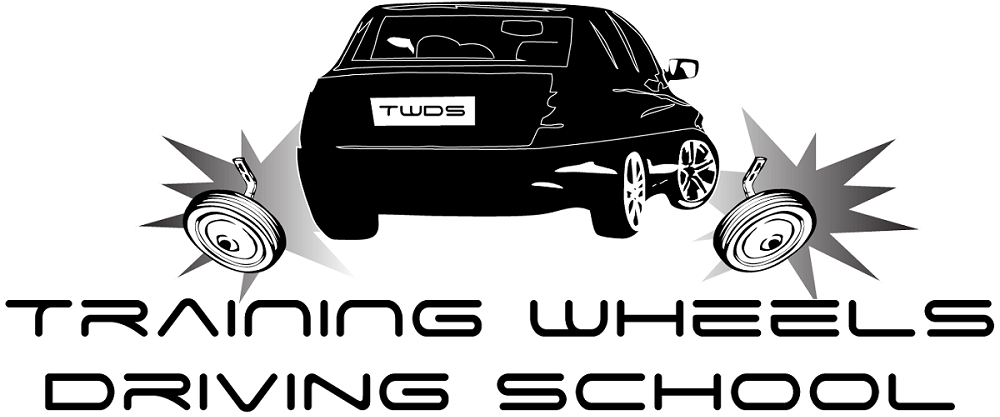When the situation arises that one vehicle must tow another, whether it’s a trailer or a caravan, there are several components that must be addressed in order to make this connection possible. One of the key components in this setup is the state of the towing vehicle’s trailer hitch.
To get an idea of what trailer hitches entail, they mount to the towing vehicle’s frame and provide the connection for another crucial component, specifically the ball mount. These hitches have a wide range of sizes available for various applications, and they’re often rated based on to the vehicle’s expected max towing weight. For more information on towing hitches, continue reading our quick guide below!
How Do Trailer Hitches Work?
In all towing situations, attention must be paid to functionality and safety. Regulations require vehicles to be properly equipped, so they don’t exceed the recommended limits. Trailer hitches are designed to be fastened securely onto the towing vehicle and have considerable support for the caravan or trailer.
All hitches are designed as vehicle-specific, and they’re typically split into five classes according to the capacity that they can manage. The classes are categorized based on the rear opening’s size, into which the ball mount’s shank is fitted. In turn, the towing ball is fitted onto the ball mount, and the caravan/trailer’s tongue is fed into the ball to allow it to be towed in different road conditions.
Trailer hitches are also categorized based on the max weight they can pull safely, but it should be noted that while a hitch class may physically connect to a car, it doesn’t necessarily mean that car can handle the hitch’s recommended weight.
How are Trailer Balls Made?
To ensure the greatest amount of strength and durability possible, a trailer hitch is made with high quality steel products and then carefully welded. Hitches are attached carefully to the vehicle’s frame using bolts and brackets. As well as receiving the ball mount, hitches have special cutouts in the frame that are designed to connect to the safety chain of the caravan/trailer.
When Might Trailer Hitches Fail?
It’s possible for trailer hitches to receive damage after impact from another vehicle. You might notice the hitch failing to connect with the other towing components, thereby being unable to effectively secure a connection to the towed vehicle. When this happens, the safety of the driver and pedestrians near the road could be compromised while the tow is ongoing. Whenever a vehicle is being towed down a roadway, there is a lot at stake in terms of value and safety, which is why trailer hitches must comply with incredibly rigorous standards.
Do you know someone that needs Behind the Wheel Training in South Jersey? Training Wheels driving school can help! To learn more about our driving lessons and how to schedule your lessons, click here.
Photo Courtesy of zombieite via Creative Commons License

